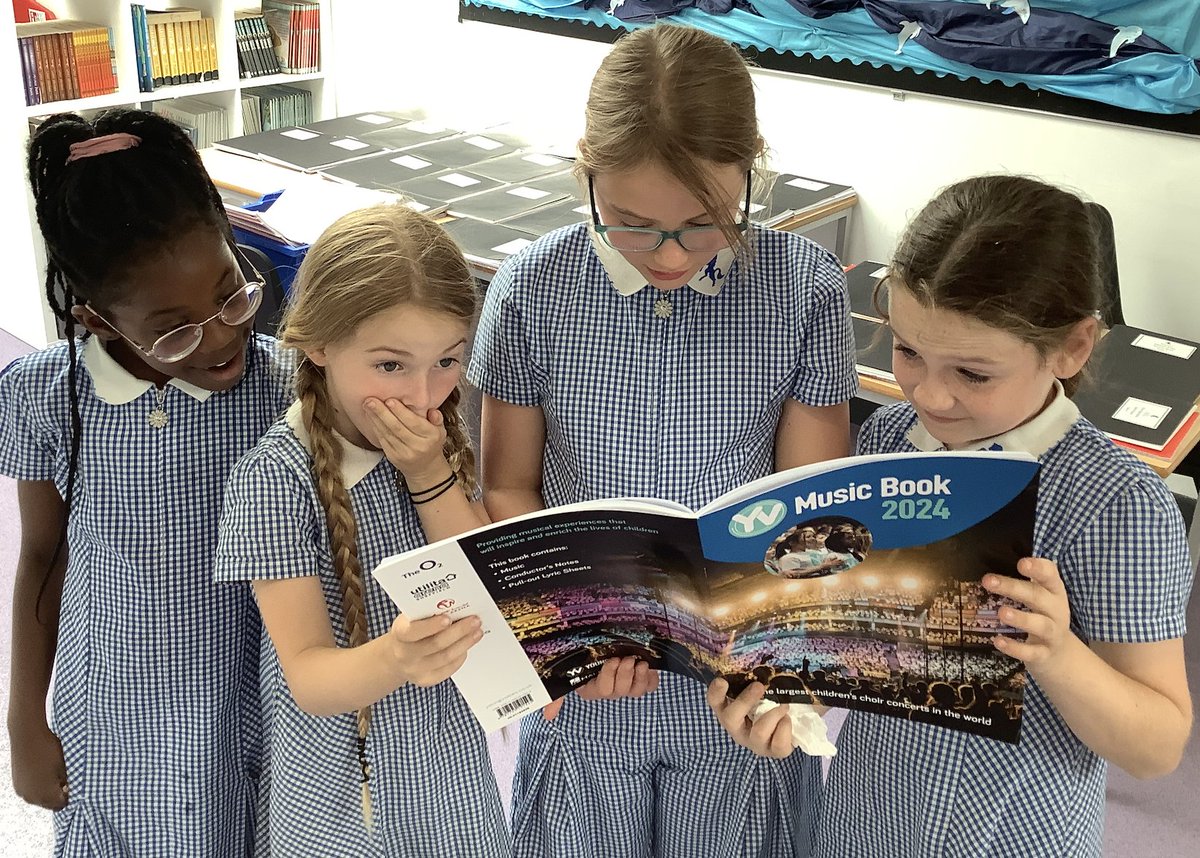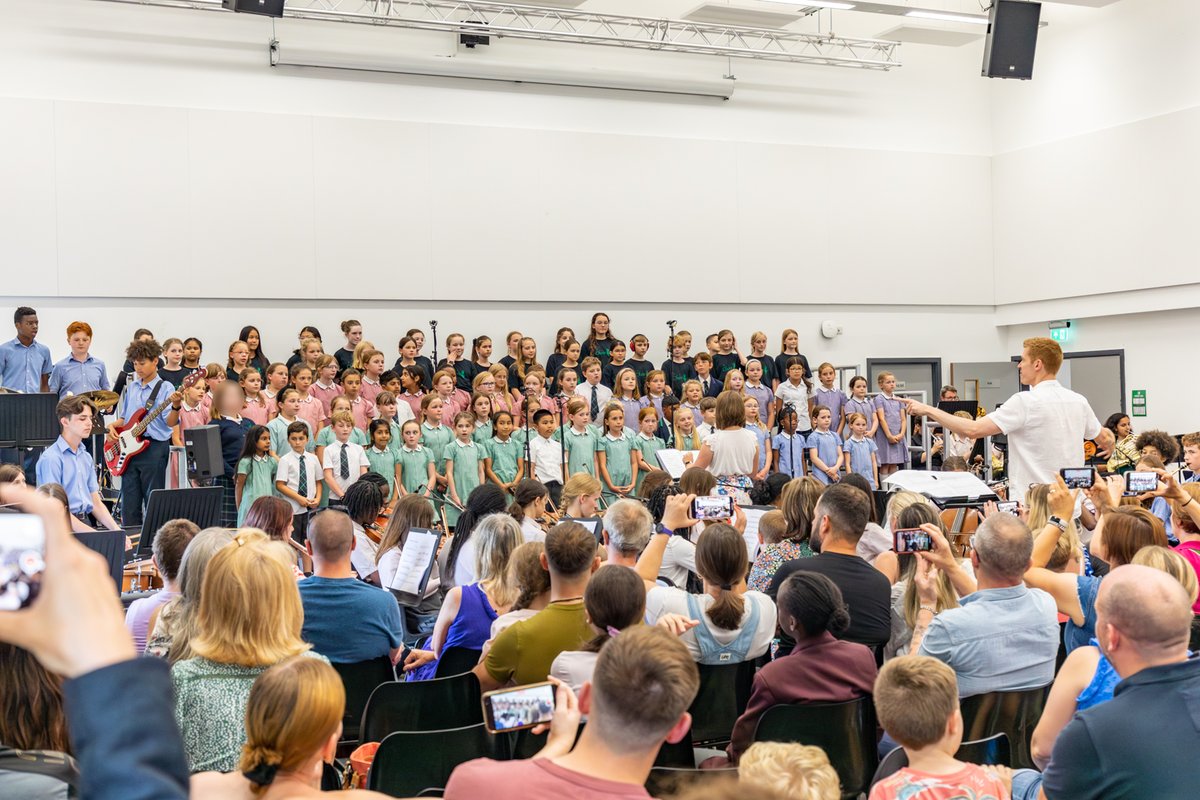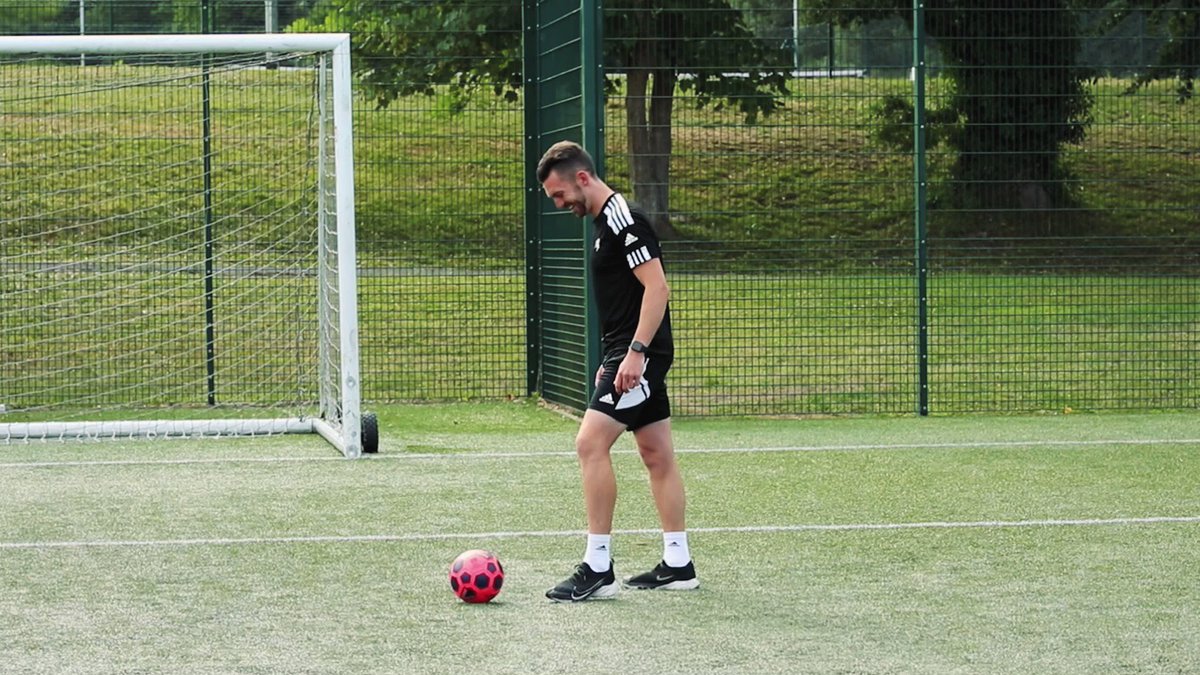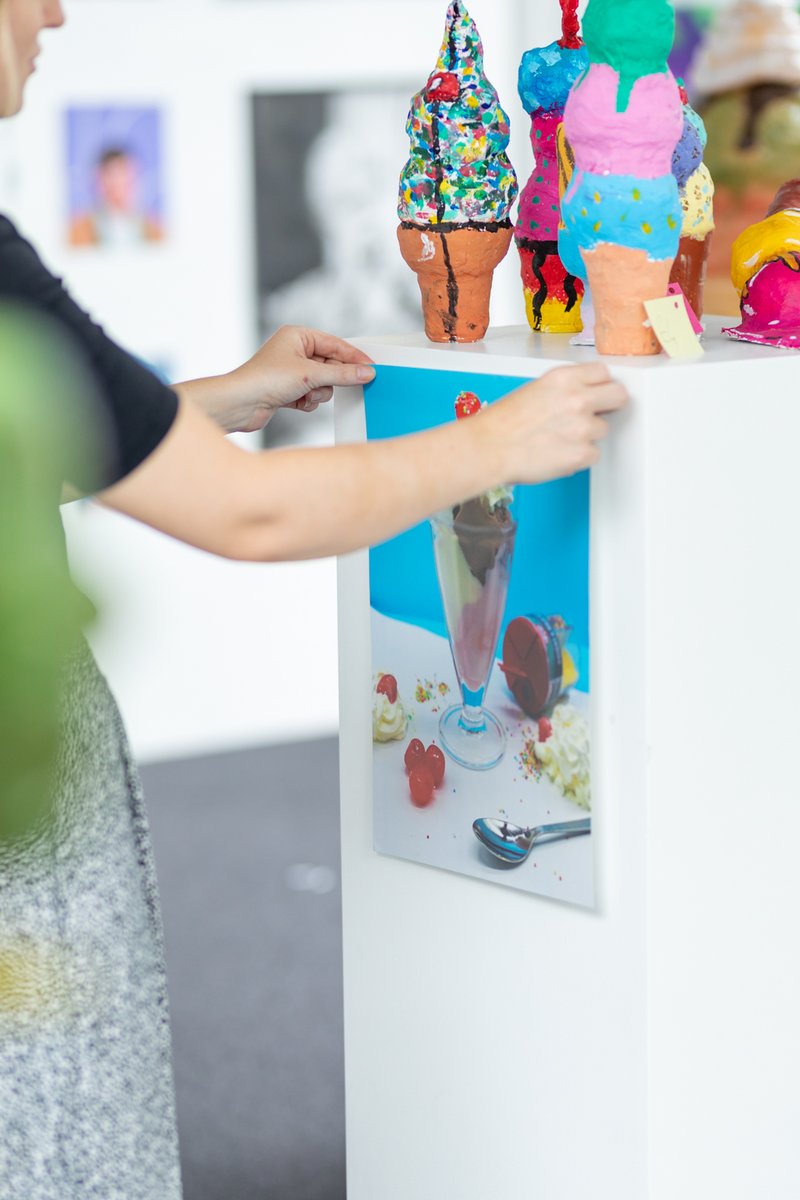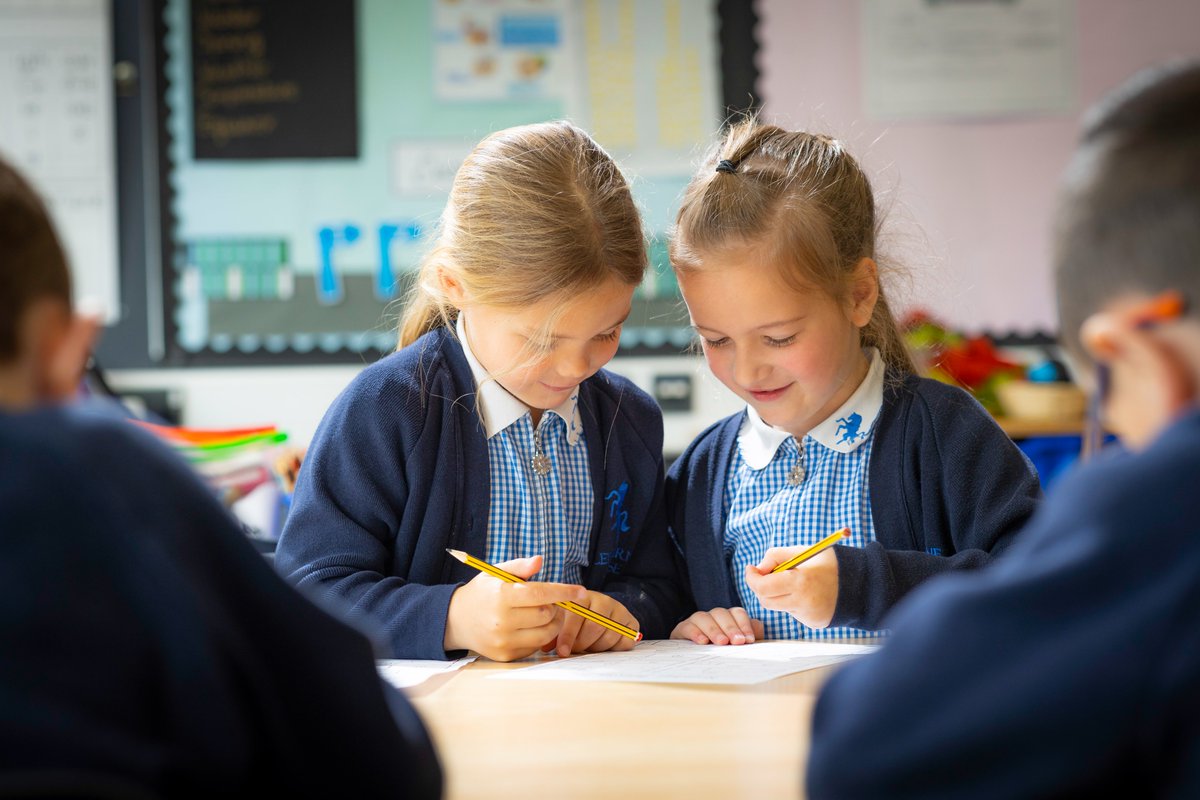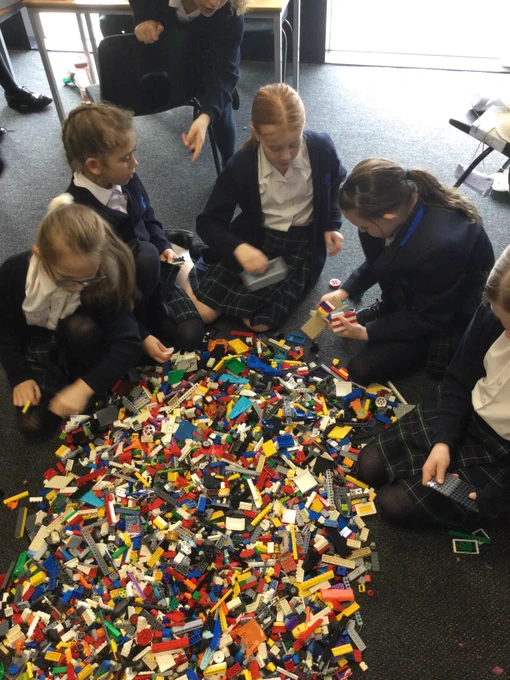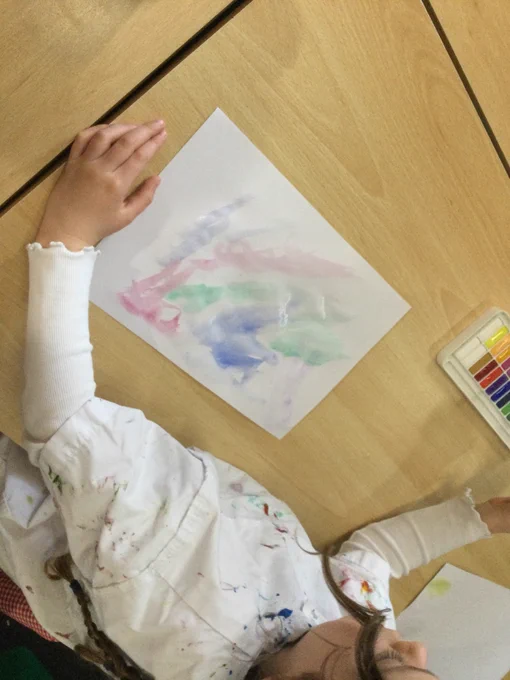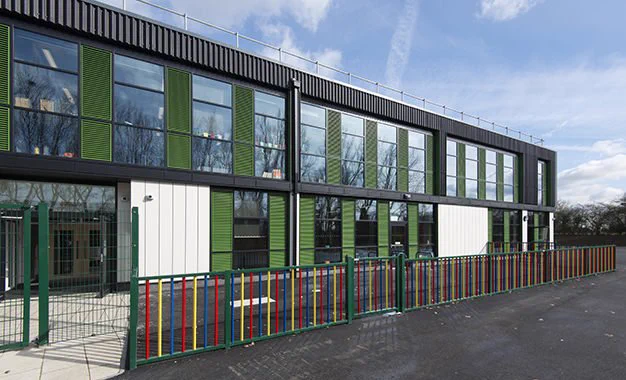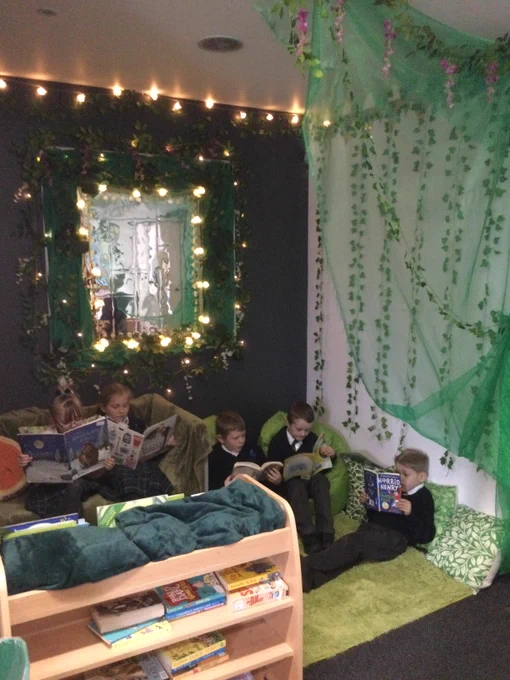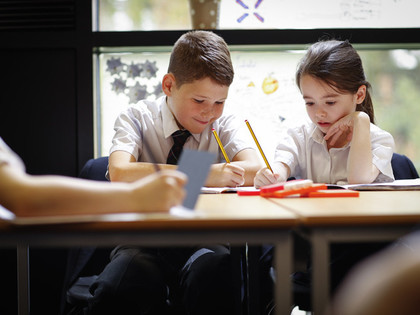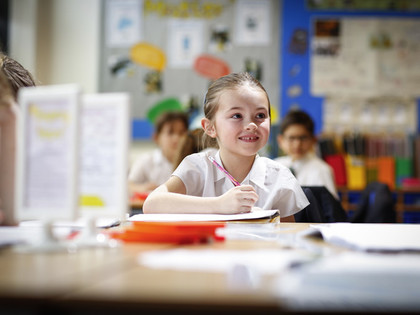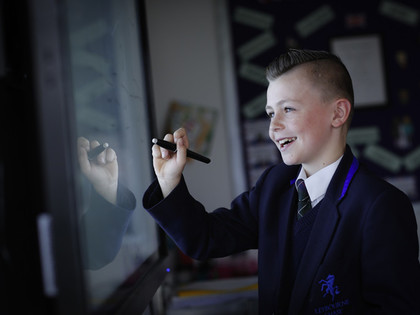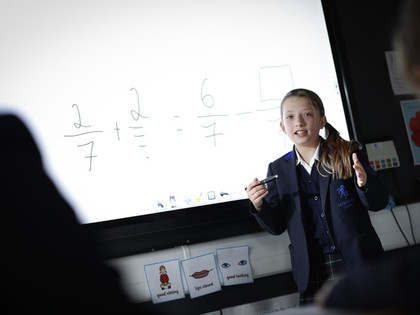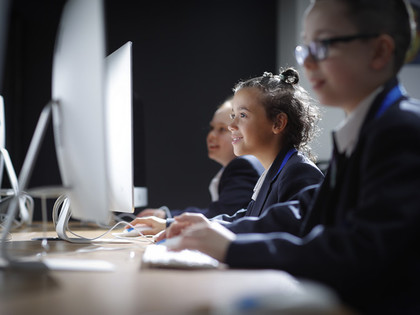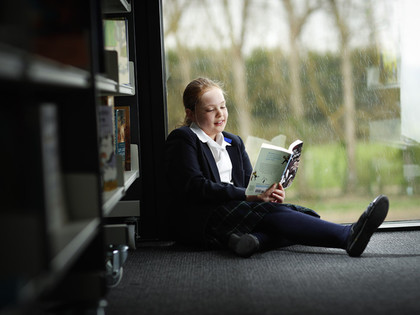Download our FREE smartphone app today!
RSHE/PSHE
At Valley Invicta Primary School at Leybourne Chase, our RSE/PSHE curriculum aims to help children become healthy, responsible, and respectful members of society. Through the 1Decision curriculum and the Rights Respecting School’s Award (RRSA) programme, pupils explore social, moral, spiritual, and cultural issues in a safe environment. They learn about relationships, well-being, safety, and community, while developing self-worth, critical thinking, and a sense of global citizenship based on the UN Convention on the Rights of the Child.
Intent
- To develop and build a PSHE curriculum that encompasses and incorporates relationships, sex and health education as well as encompassing SMSC and fundamental British values. This curriculum should encourage children to know, understand and remember more and, as a result, provide them with the knowledge and skills to access the wider curriculum and to develop them into respectful global citizens, preparing them for their lives now and their futures.
- To design a curriculum with appropriate subject knowledge, skills and understanding to fulfil the duties of the national curriculum whereby schools must provide a ‘balanced and broadly-based curriculum which promotes the spiritual, moral, cultural, mental and physical development of pupils and prepares them for the opportunities and responsibilities and experiences for later life’
- To build a curriculum that equips children with the knowledge, skills, capabilities and attributes which they need for mental, emotional, social and physical wellbeing now and in the future.
- To build a PSHE curriculum that incorporates the understanding of RSE so that children know how to be safe and to understand and develop healthy, respectful relationships both now and in their future lives.
- To design and resource an RSE programme of work within the PSHE curriculum which enables pupils to explore the complexity of the relationships they will have both now and throughout their lives.
Implementation:
- Clear, comprehensive and progressive scheme of work in line with curriculum guidelines. The PSHE curriculum is split into three themes: health and wellbeing, living in the wider world and relationships. It also contains a clear RSE scheme of work within the curriculum in line with statutory guidelines (that came into force in September 2020) using the 1Decision curriculum and supplementary resources approved by the PSHE Association.
- The teaching of relationships, sex and health education is planned explicitly within each year group so that the children can know more, remember more and understand more.
- RSE/PSHE to be timetabled. RSE/PSHE is to be on each class’s timetable to ensure the curriculum is covered. RSE/PSHE will also be referenced on medium-term and long-term planning.
- Weekly assemblies. Assemblies have a clear PSHE focus and will encompass elements of British Values, rights respecting and SMSC. These assemblies will be whole school or class assemblies.
- Title pages and vocabulary in books. Each class will have a knowledge organiser in their RSE/PSHE books containing the objectives that they will be covering that term. This will also include links to key vocabulary to promote language development and will reference the British values.
- Opportunities for pupil voice. The curriculum has taken into account pupil contributions about what they want from a PSHE/RSE education. Children will have opportunities to reflect on their education through surveys conducted twice yearly.
- Parental consultation. Parents are informed of the content of the RSE programme of work during the class transition meetings, planned information sessions, and further support/clarification will be given if required.
- Wider curriculum links. The PSHE/RSE curriculum has been designed to fit within the school’s wider Personal Development themes (sustainability, tolerance and social justice, interdependence and globalisation, conflict, aspiration and inspiration, identity and diversity) allowing the children to make links across subjects and encouraging language to be used consistently by staff and pupils.
- PSHE focused displays. PSHE displays throughout school focus on key aspects of PSHE and exemplify the terminology used throughout the teaching of PSHE, RSE, BV and SMSC, which enables pupils to make links across the wider curriculum. PSHE, RSE, BV and SMSC displays throughout school reinforce the PSHE curriculum enabling children to make links. Displays will also make links to the rights within the UNCRC, helping to raise the profile of children’s rights and to encourage the children to link their rights to their learning.
Impact:
- Children will know more, remember more and understand more about PSHE/RSE.
- Children will be able to recognise and apply the British values of democracy, tolerance and mutual respect, rule of law, and individual liberty.
- Children will be able to understand the physical aspects of RSE at an age-appropriate level.
- Children will recognise how their rights are respected at school and in their daily lives and will know how to, and will, respect the rights of others.
- Children in the school will be mindful citizens and will be globally aware. They will be able to discuss global and local issues with increasing confidence.
- Children will develop positive and healthy relationships with their peers both now and in the future.
- Children will demonstrate a healthy outlook towards school – attendance will be at least in-line with national levels and behaviour will be good.
- Children will understand the importance of healthy lifestyles and how this can impact their mental and physical health.
Relationships education:
Relationships education at our school is taught through the PSHE curriculum using the progressive, thematic 1Decision scheme from Reception to Year 6. This PSHE Association quality-assured programme meets all statutory requirements for relationships, sex, and health education, while also supporting SMSC development and British values. The curriculum is divided into age-appropriate modules, such as Our World and Being Responsible, taught in 4-week units that build on prior learning. Additional PSHE Association-approved resources may be used to address specific cohort needs.
The main aspects of relationships education are covered in the summer term as part of PSHE; however, many aspects of keeping safe, good and bad touch, healthy friendships, online safety, peer pressure, saying no, the PANTS rule, families and people who care for me, are taught throughout the school year to ensure a consistent spiralling approach to keeping safe. Relationships education focuses on teaching the fundamental building blocks and characteristics of positive relationships including:
• families and people who care for me
• caring friendships
• respectful relationships
• online relationships
• being safe
Health Education:
Health education focuses on teaching children about their physical and mental health and well-being and providing strategies to support healthy, positive development. This includes:
• mental wellbeing
• internet safety and harms
• physical health and fitness
• healthy eating
• drugs, alcohol and tobacco
• health and prevention
• basic first aid
• changing adolescent body
The changing adolescent body (puberty) is covered in Years 5 and 6. It is covered at this age to ensure children are prepared for the emotional and physical changes that will happen during puberty. Puberty is part of the statutory health education curriculum. Sex education (conception) is covered in Year 6 only. Lessons in Year 6 will focus on preparing boys and girls for the changes that adolescence brings and the scientific process of how a baby is conceived and born.

